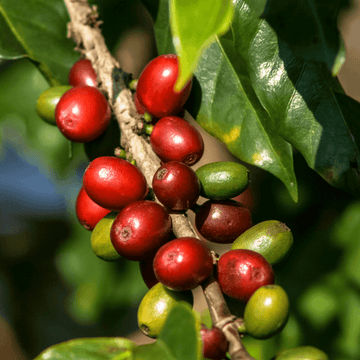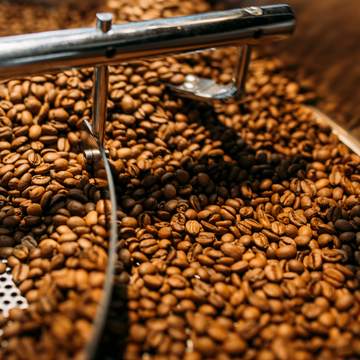One question that we commonly receive from many of our home brewers pertains to the proper way of storing coffee beans between the roasting and brewing processes.
While we typically recommend storing coffee beans in a cool, dry place, some coffee lovers swear by freezing their beans to lock in freshness.
Freezing coffee beans can have both advantages and disadvantages:
Pros:
- Freezing helps slow down the coffee aging process by reducing oxidation and degradation of flavors.
- Freezing can retain the natural flavors and aromas of the coffee beans by preventing the escape of inherent gases that produce aroma.
- If you are a fan of buying your coffee in bulk, freezing may be the best storage option for you. This allows you to take advantage of sale prices or limited release windows.
Cons:
- Even the seemingly most tightly sealed bag can have condensation issues when moving between freezing and room temperatures. This fluctuation causes condensation to develop, which can negatively affect the flavor of coffee.
- Sometimes, the food and other items stored in the freezer can emit negative odors that will be absorbed by the stored coffee beans. For this reason, proper sealing in an airtight environment is required.
- The thawing process requires ample planning, which may not be available during your morning rush. Allow your beans to come to room temperature before opening to prevent condensation.
We encourage you to experiment with different storage methods. In our personal experience, storing beans in an airtight container tucked away in a cupboard produces the most reliably delicious cup.
As always, please contact us with any questions you may have about coffee.





